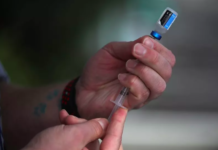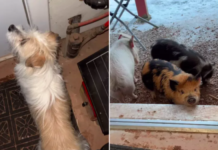Italian Greyhounds are charming small dogs that adapt well to a wide range of household settings.
They’re available from breeders all across the country, but how much should you expect to spend for your new Italian Greyhound?
What are the prices of Italian Greyhounds?
For a companion dog, Italian Greyhounds range in price from $1400 to $2,000. Dogs with show potential may be considerably more expensive or only available as part of a joint ownership arrangement with the breeder. The price of your dog is influenced by a number of factors, including health certifications and ancestry.
Continue reading to discover more about how much Italian Greyhounds cost, what factors influence the price, and what to look for in a breeder and a dog.
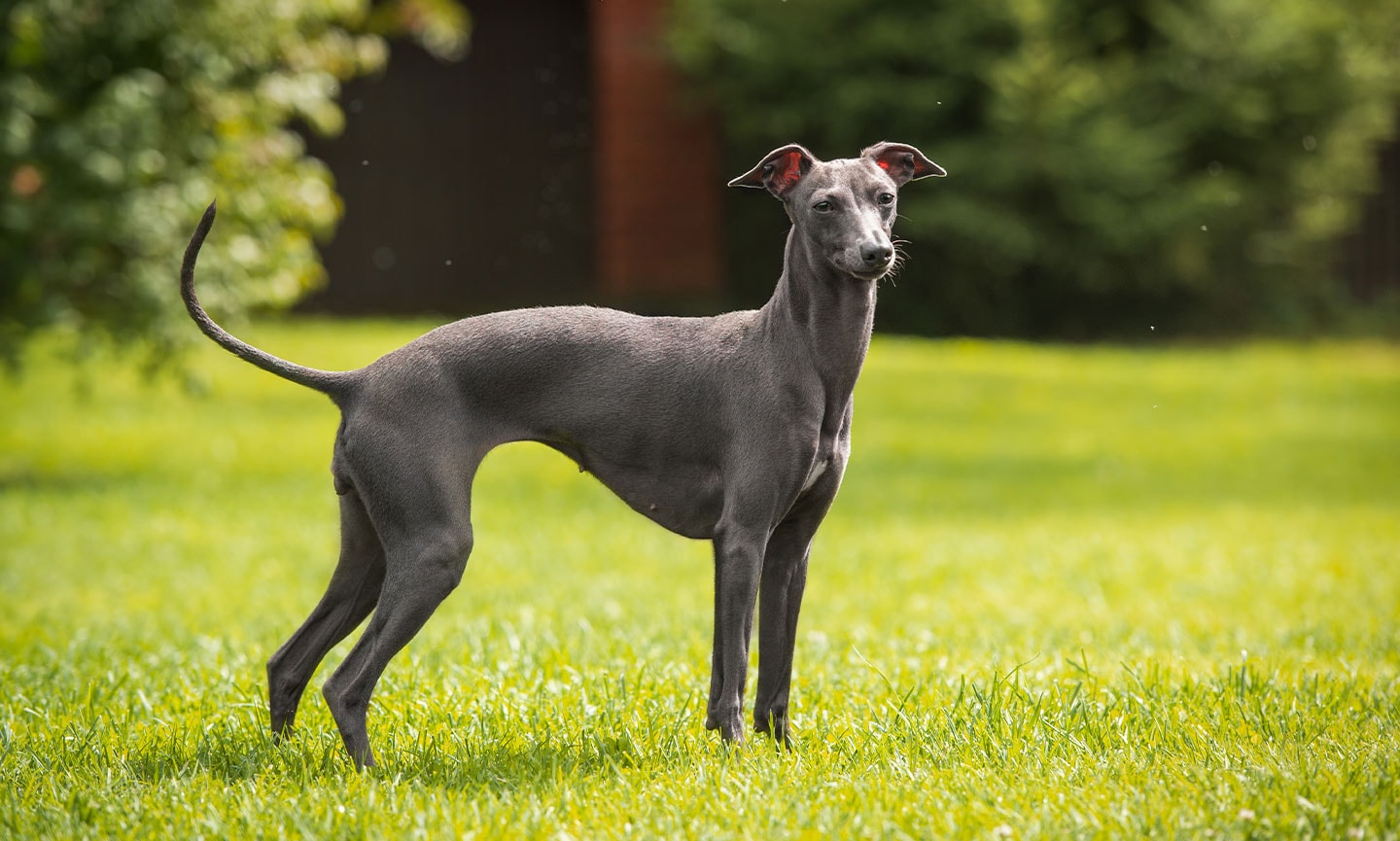
Breeder Prices
Here are a few real breeder prices for pet-quality Italian Greyhounds.
| Breeder | Price | Location |
| Marchwind Italian Greyhounds | $1,500 | Vienna, Georgia |
| Wynson Kennels | $1,400 | Micanopy, Florida |
| Sugar Valley Farm | $1,800-$2,000 | Sugar Valley, Georgia |
| Celtic Sighthounds | $1,800 | Pottstown, Pennsylvania |
What Factors Influence Cost?
A lot of factors may influence the price of your Italian Greyhound.
If you’re searching for an animal with show potential, expect to pay considerably more than you would for a companion dog.
Colour and gender may have an impact on the price, although this isn’t always the case. Here are a few factors that will influence the price of your Italian Greyhound.

Pet Or Show Quality
Responsible breeders strive to produce a dog that will perform well in the show ring. This is the most effective method to create pups that are as near as possible to the breed standard.
Breeders search for signs that a litter of pups will grow up to be outstanding examples of their breed when they are born and as they develop.
Dogs that breeders believe would perform well at dog shows may be priced considerably more or may not even be available for purchase.
Sometimes you can take partial ownership of a show dog.
The dog will live with you and be cared for by you, but the breeder retains some decision-making authority, particularly when it comes to spaying or neutering.
Breeders retain the right to breed the dog and exhibit him as long as they follow the rules.
These contracts are difficult to understand, but they may be an excellent method to get a beautiful Italian Greyhound for little or no money.
Dogs marketed as pets lack the traits that make them likely to succeed in the show ring.
This isn’t to say they aren’t attractive dogs. Pet dogs will be indistinguishable from show dogs to the ordinary person.
Pet dogs are still well-bred and excellent representatives of their breed.
A dog’s capacity to be a great family companion is unaffected by flaws such as a nose that is a little too long or a chest that is a little too wide.
Pet dogs are usually less expensive than show dogs, but you should budget at least $1,500 to $2,000 for one.
Breeders will almost certainly need you to sign a contract that states you will not breed your Italian Greyhound.
Lineage
Prepare to spend a greater fee if you want a dog whose parents or grandparents were champions.
Puppies born to dogs that have excelled in the show ring earn a greater premium.

Health Clearances
Responsible breeders should test for a handful of hereditary problems that affect Italian Greyhounds.
It is recommended that Italian Greyhounds be checked for hip, knee, thyroid, and eye problems that may occur in the breed.
The more health certifications a dog gets, the more money you’ll spend on it. This is due to the fact that getting a dog cleared of health issues costs the breeder money.
In pups, not all of these hereditary abnormalities may be detected. In many instances, you may ask the breeder to show that the parents were free of certain illnesses.
Italian Greyhounds descended from long lines of dogs free of the problems listed below will cost more than dogs descended from shorter, healthy lines.
Great breeders may be pleased to demonstrate that their dogs have been free of one or more types of hereditary problems for many generations.
Hips
Hip dysplasia is a debilitating condition that causes discomfort, immobility, and arthritis in Italian Greyhounds.
Surgery may occasionally be used to fix it, however, surgery is expensive and the recovery period is tough.
Your breeder should be able to give you documented proof that the parents’ hips are free of dysplasia from either the Orthopedic Foundation for Animals or a University Veterinary Hospital.
Knees
Knee disorders, such as luxating patella, may have a similar detrimental impact on your Italian Greyhound’s life as hip issues, such as hip dysplasia.
A luxating patella may sometimes be repaired with surgery or controlled with lifestyle modifications. You want to make sure your Italian Greyhound’s parents don’t have any knee issues.
Eyes
Eyes Italian Greyhounds are susceptible to a number of eye problems that can lead to blindness.
Cataracts develop in many older Italian Greyhounds, resulting in blindness if not treated. Glaucoma is a painful eye condition that, if left untreated, can lead to blindness.
A dog’s genes cause progressive retinal atrophy, which causes them to go blind.
Your breeder should be able to show you proof that neither of your dog’s parents has any eye problems.
For progressive retinal atrophy, genetic testing is also available, so the finest breeders can screen both pups and parents.
For progressive retinal atrophy, genetic testing is also available, so the finest breeders can screen both pups and parents.
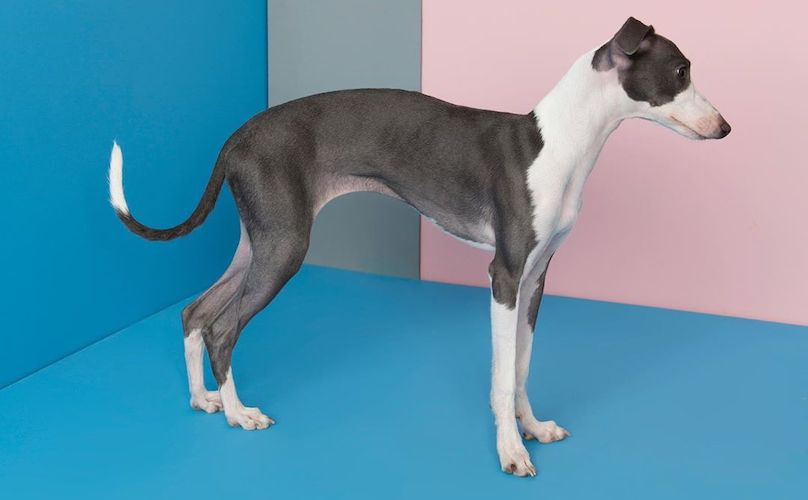
Liver
Portosystemic shunt is more common in liver Italian Greyhounds than in other breeds.
The blood supply to the liver is diverted around it rather than to it in this disease, causing the liver to stop growing and functioning properly.
This disease may cause stunted development and seizures in Italian Greyhounds. They may be treated with a specific diet and medicines, or surgery may be required.
You may be certain that none of your Italian Greyhound’s parents had liver issues.
Breeding Disorders
Von Willebrand’s disease is a blood clotting condition that affects Italian Greyhounds.
Because this condition prevents your dog’s blood from clotting properly, even small injuries may result in significant bleeding.
Before performing surgery on your Italian Greyhound, your veterinarian should conduct a DNA blood test for this illness and other clotting disorders, regardless of the dog’s ancestry.
A breeder should, ideally, screen pups for bleeding problems.
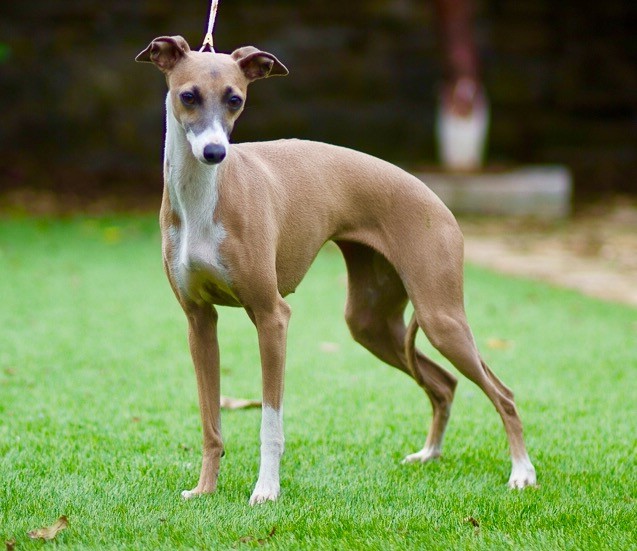
Finding a Reputable Breeder
A reputable Italian Greyhound breeder will be just as eager to learn about you as you are to learn about them and their dogs.
They should wish to ensure that their pups are placed in a loving environment.
Prepare to answer a lot of questions and fill out a lot of paperwork before receiving your puppy.
Breeders that perform their job well check for as many health issues as possible and only breed dogs who are free of hereditary diseases.
While it is not essential for a reputable breeder to be actively exhibiting dogs, it is a very excellent indication of a breeder’s dedication to the breed standard if they do.
Italian Greyhound Adoption Tips
If you are going to adopt an Italian Greyhound, whether, from a shelter or a breeder, there are a few things to bear in mind when you welcome the dog into your house.
Rugs may be used to cover slippery floors. Italian Greyhounds have delicate, slender legs that, unfortunately, are all too easily injured or broken. Rugs will provide your Italian Greyhound with some much-needed traction to keep him safe.
Make some time for it. Your dog will most likely require a lot of your time and attention when he first arrives at your home and is settling into his new life. Italian Greyhounds are known for being very loving and sometimes a little needy, so when he first arrives at your home and is settling into his new life, he will most likely require a lot of your time and attention.
Make a schedule for yourself. The best approach to put your Italian Greyhound up for success in training, including toilet training, is to follow a very well-structured schedule. As soon as your dog comes, get into a schedule and adhere to it.



